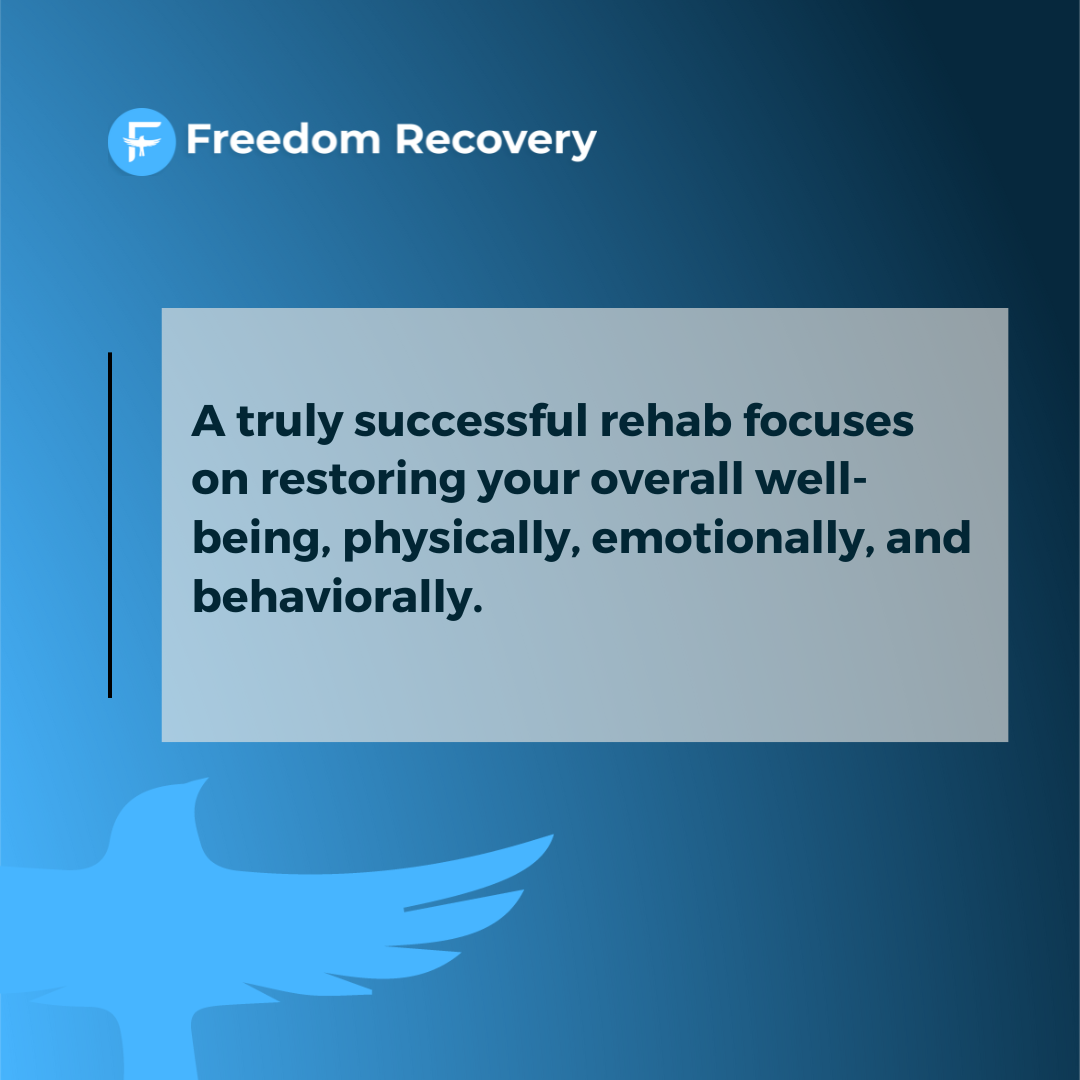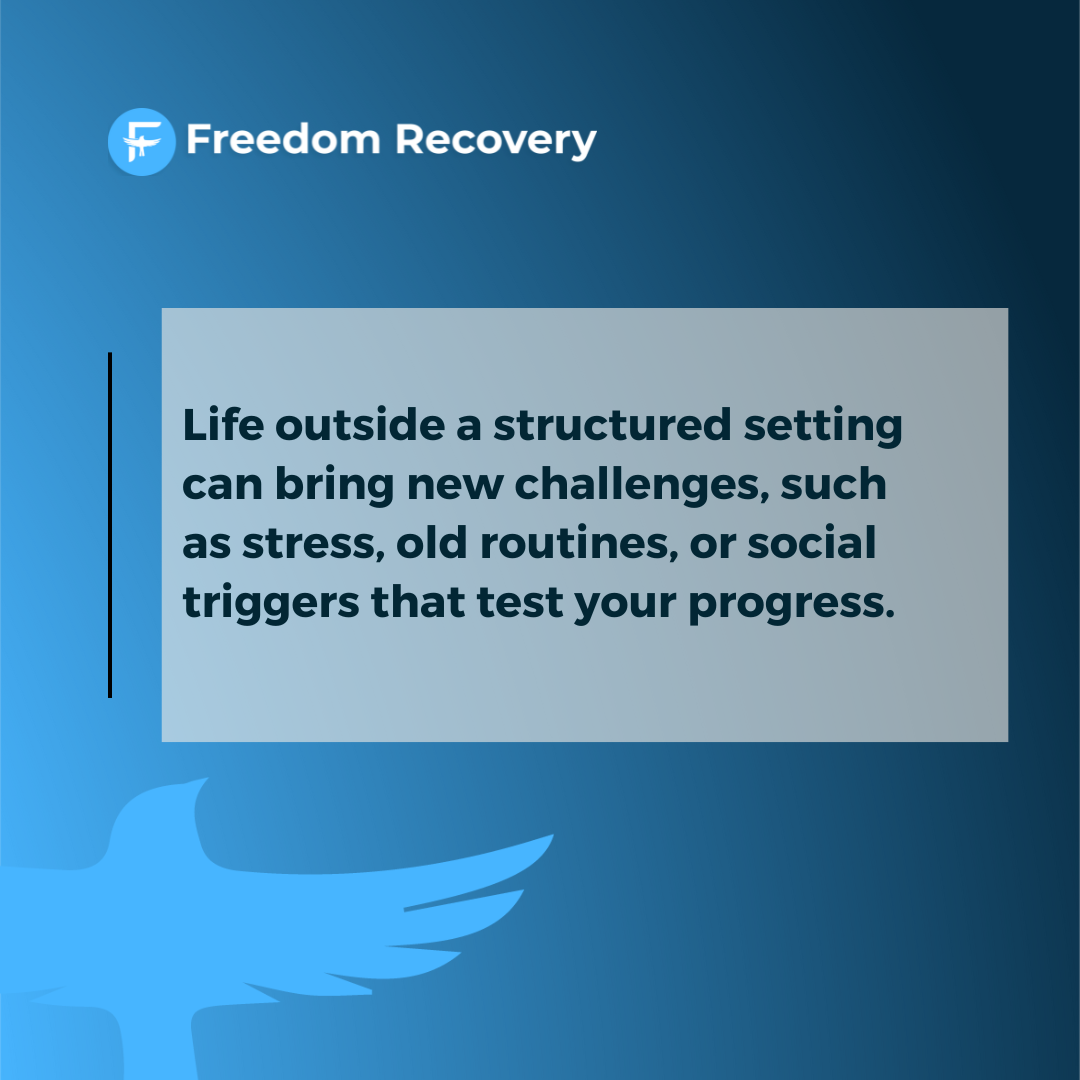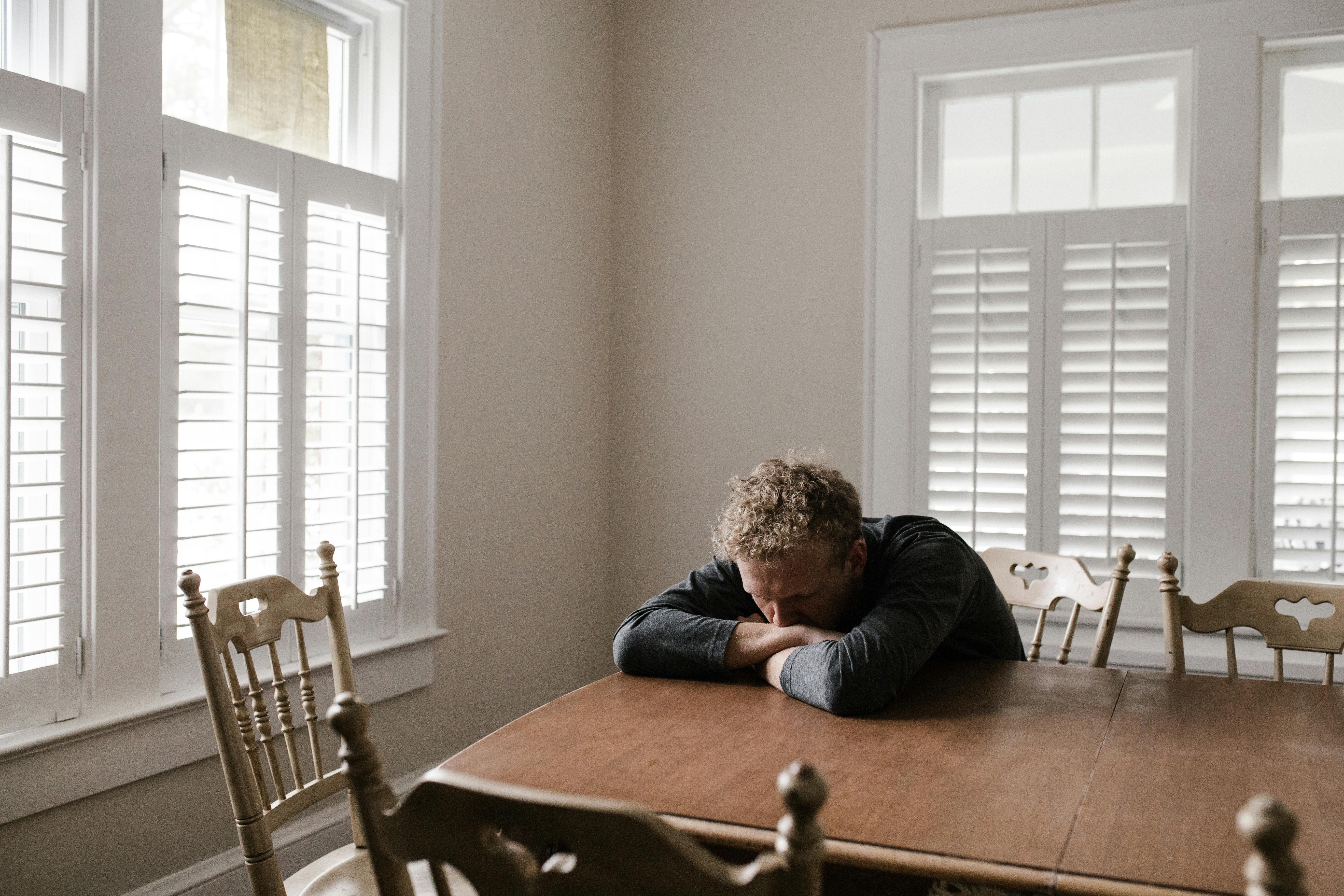-min.jpg)

Finishing treatment is certainly a big milestone. However, successful rehab goes beyond just reaching the end. It’s about building a life that supports lasting recovery.
Maybe you’ve completed a residential program, or you’re currently in an intensive outpatient program (IOP) that helps you balance treatment with work, school, or family. No matter the setting, the real question is: how do you know if rehab has truly “worked”?
In this blog, we’ll break down what defines a successful rehab completion, from understanding personal growth and key milestones to maintaining recovery long after the program ends.

So, what exactly does successful rehab mean?
It’s easy to think of success as simply finishing a treatment program, completing the sessions, checking out, and moving on. But real success in recovery is way deeper than that.
A truly successful rehab focuses on restoring your overall well-being, physically, emotionally, and behaviorally. It’s not just about staying away from substances; it’s about rebuilding your life in a healthy, balanced way.
According to the World Health Organization (WHO), rehabilitation uses a variety of interventions to help people develop strategies to overcome their challenges and return to drug- and alcohol-free, productive lives.
That means the best drug rehabilitation Idaho programs don’t just stop at detox or therapy. They look at the whole picture, including your habits, your environment, your relationships, and even your mental health. Factors like how often you used substances, your family or social support, and your overall emotional stability all play a part in what success looks like for you.
Ultimately, successful rehab isn’t defined by a certificate or a completion date. It’s when you begin to feel stronger, think clearly, and make choices that support your long-term recovery. For many people, that continued growth happens through an IOP, a flexible yet structured approach that bridges the gap between inpatient treatment and full independence.
An intensive outpatient program near me offers many of the same therapies and support systems as inpatient rehab, but without requiring you to live at the facility. Instead, you attend scheduled sessions several days a week while maintaining your regular responsibilities at work, school, or home. This setup allows you to apply what you’re learning in real-world situations. It’s a huge advantage for building sustainable habits.
If you’re exploring recovery options, an IOP in Idaho can provide that essential balance between accountability and autonomy. You still get professional guidance, group therapy, and peer support, but with the freedom to rebuild your daily routine.

Whether you’ve completed an inpatient program, transitioned into an intensive outpatient program alcohol track, or found your rhythm in ongoing therapy, the question eventually becomes: How do you know it’s working?
That’s where these key milestones come in.
One of the clearest markers of successful rehab is consistent sobriety. Staying free from drugs or alcohol shows that your treatment strategies and personal commitment are paying off. But success isn’t only about abstaining. Moreover, it’s about building new routines and making choices that support your health and stability long-term.
Recovery means learning how to face life’s stressors without turning back to substances. Developing coping strategies (e.g., mindfulness, therapy, or structured daily habits) helps you manage triggers and stay grounded.
Having people in your corner makes all the difference. Whether it’s family, friends, or peers in recovery, a strong support network keeps you accountable and encouraged. Group therapy, aftercare meetings, and sober communities all help you stay connected to others who understand what you’re working toward.
Recovery transforms how you think and feel. As you move forward, you might notice yourself becoming more self-aware, more patient, and more confident. Addressing underlying mental health challenges, like anxiety or depression, is also key to maintaining emotional balance and preventing setbacks.
Even with progress, relapse can happen. And it doesn’t erase your success. The relapse rate for substance use disorders is estimated to be 40–60%, similar to other chronic health conditions. The real milestone is learning how to recognize early warning signs, reach out for support, and get back on track before things spiral.

After treatment, the work of successful rehab continues. Life outside a structured setting can bring new challenges, such as stress, old routines, or social triggers that test your progress. The goal isn’t to avoid them entirely but to handle them differently this time.
Social triggers are one of the biggest hurdles. You might see old friends, pass familiar places, or feel reminders of your past use. When that happens, step back and protect your space. Choose people and environments that support your recovery instead of tempting it.
Stress is another common obstacle. Work, relationships, and daily responsibilities can pile up fast, especially when you’re adjusting to a sober life. Try practical ways to manage it:
Staying connected to therapy or counseling is also crucial because having a professional by your side helps you navigate challenges before they build up. Just as important is consistency: keep attending meetings, checking in with your sponsor, and staying active in your support group.
These small, steady habits are what turn early recovery into lasting stability.
Also, don’t forget the power of community. Getting involved in alumni programs or sober activities keeps you accountable and reminds you that recovery isn’t a solo journey — it’s one you share with others who understand and support your path.
Finishing treatment is an incredible achievement, but successful rehab doesn’t end there. It’s something you keep building every day. Here are some strategies that can keep your progress strong:

Successful rehab extends beyond just reaching the end of a program. What’s even more crucial is what happens after. True recovery is measured by how you grow, stay consistent, and apply what you’ve learned long-term. It’s the everyday choices, small victories, and continued effort that define lasting success.
If you’re ready to keep building that foundation, we at Freedom Recovery are committed to helping you maintain that progress. Our programs, including IOPs, are designed to help you move forward with confidence and support. Contact us today!

Learn how depression can lead to substance abuse and how comprehensive addiction treatment in Idaho can help you heal both mind and body.

Explore what to expect from a detox center near me. Discover how to safely begin recovery with medically supervised support tailored to your needs.

Find out why people battling alcohol addiction tend to feel tired after quitting drinking. Learn tips on rebuilding sleep patterns and energy levels.